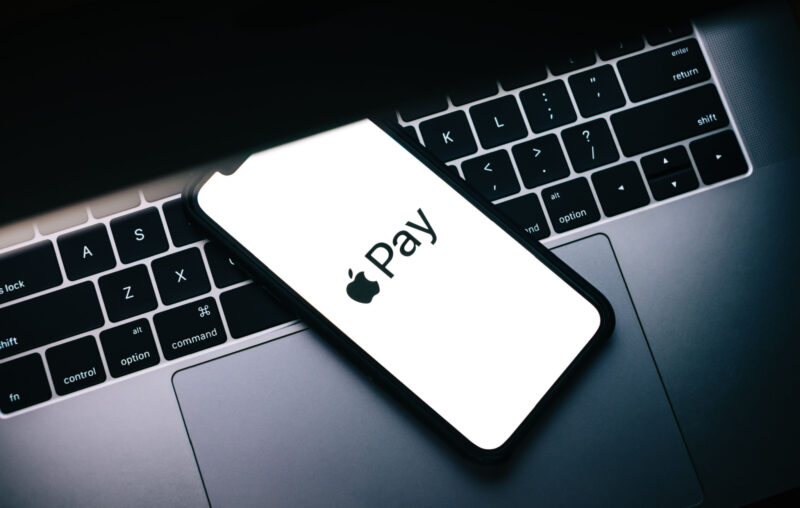
Last month, Apple launched Apple Pay Later, essentially a Buy Now, Pay Later (BNPL) service that allows users to establish a payment plan with zero interest or fees attached. Currently, the BNPL sector is booming, having achieved record growth in just a few short years thanks to fintech investments and a surge in consumer interest.
BNPL apps have been embraced by Gen Zers aiming to avoid credit card debt, while BNPL loans have been a saving grace for small businesses in need of financing options. And with mobile payments becoming a preferred means for purchases and payments, it seems only natural for Apple to up the ante.
Indeed, Apple Pay Later is being positioned differently from existing BNPLs by emphasizing financing options rather than consumption opportunities.
Unlike PayPal’s BNPL, which exclaims “Get what you want and break up the payments” or Affirm’s platform that entices you to “Shop at thousands of stores,” Apple’s VP Jennifer Bailey conveyed that Apple Pay Later is designed with “financial health in mind.” So while other BNPLs are focusing on rolling out rewards programs to sweeten sales, Apple is making a power play for establishing an all-inclusive financial ecosystem.
And big banks have taken notice.
Earlier this year, Bank of America and JPMorgan Chase announced plans for “joining forces to launch their own digital payment wallet,” but a bank-backed digital wallet seems to be a little too little, a little too late. Apple Pay is currently one of the most widely used digital wallets, alongside Google Pay and PayPal, and Apple’s ability to provide superior user experiences is not likely to be matched by established financial institutions.
Moreover, Apple has two things the banking sector desperately lacks: brand trust and consumer confidence – factors which are paramount when money is at stake.
Recent news of plummeting bank valuations is fueling further distaste for traditional forms of money management, and with uncertainty and incompetence proving to be prominent features at the highest level of the US banking system, it is perhaps no wonder that people are turning to their smartphones for financial solace.
Studies show that consumers cherish their phones and feel secure in their use even when it comes to personal matters and the sharing of sensitive data. As such, Apple is meeting consumer financing needs exactly where they are — in consumers’ pockets. And with over one billion iPhone users worldwide, along with a brand valuation that has consistently been rated as the best in the world, Apple is poised for taking the banking sector by storm.
In fact, just this month, Apple released a high-yield savings account via the Apple Card, which has an “APY of 4.15% (over ten times the current national average).” This account is being presented in partnership with Goldman Sachs, which is good for Goldman Sachs but bad news for banks concerned about deposit flight. And with Apple’s “no minimum deposit or minimum balance requirements,” the sign-on incentive is strong.
The global consumer finance market had a vibrant valuation of $1221.38 billion in 2022, and is expected to grow substantially in the coming years, but it should be pointed out that Apple’s newest offerings are not only of benefit to consumers, but also producers.
Credit solutions for small businesses are proving to be a lucrative market with billions up for grabs. Gig workers, entrepreneurial ventures, and local businesses will likely leverage Apple’s financial tools, and increased opportunity for money management and capital accumulation is a beautiful thing.
Banks that have been reluctant to lend to freelancers and small-scale firms, for fear of default or due to red-tape regulations, may now find their services are no longer needed, and with Apple paving the way with premium offerings, here is hoping other corporate-backed banking opportunities will arise.
A more diversified ecosystem for financing has the potential to encourage and incentivize a dynamic and innovative economic system, which is why Apple’s gearing up for what seems to be neobank status is certainly worth paying attention to.
* This article was originally published here
PUBLISH WITH US!
The Washington Gazette works at our discretion with businesses, non-profits, and other organizations. We do not work with socialists, crony capitalists, or disinformation groups. Click the green button below to view our services!
HELP STOP THE SPREAD OF FAKE NEWS!
SHARE our articles and like our Facebook page and follow us on Twitter!



0 Comments